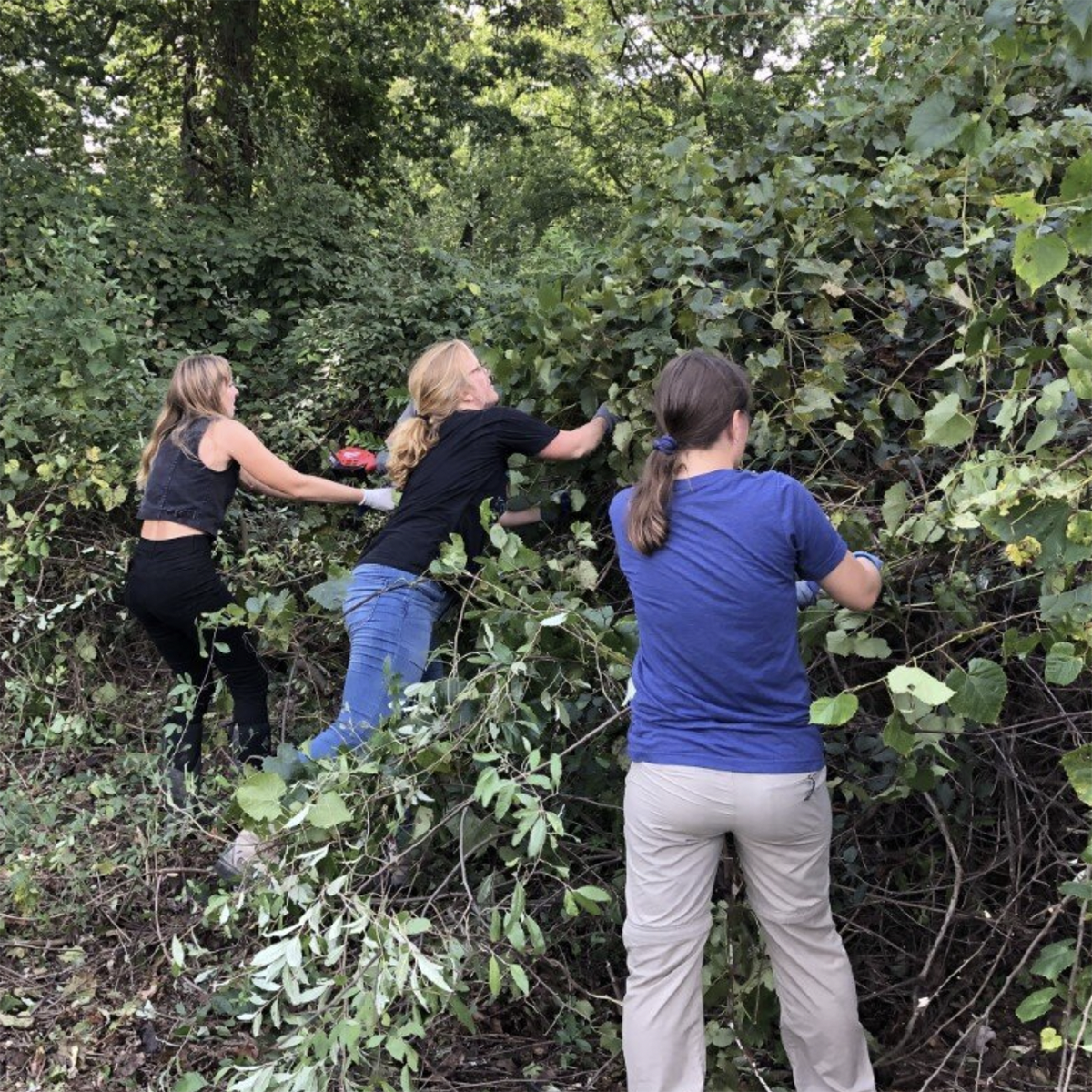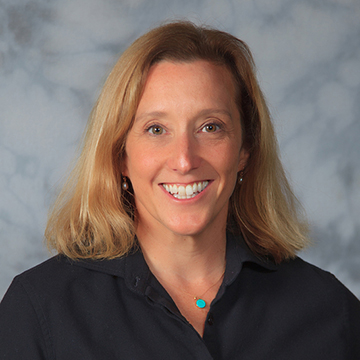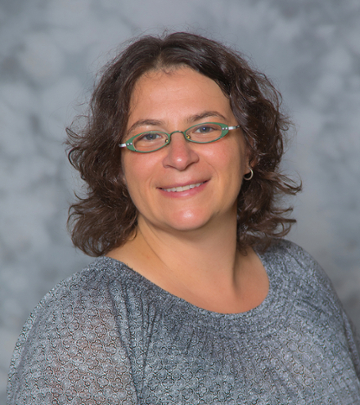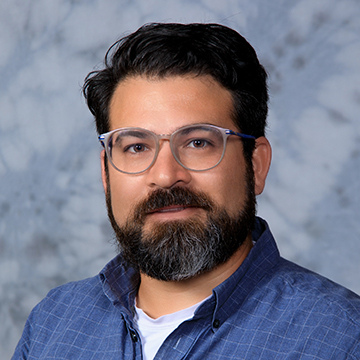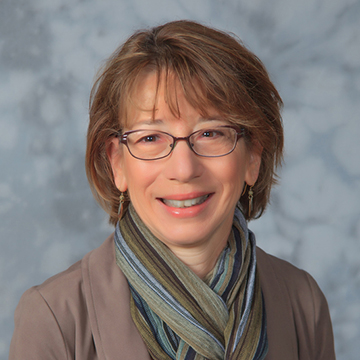
Food Studies
Have questions? We make it easy to get in touch:
Call Us
800-837-1290
Text Us
412-419-3772 (standard text/SMS rates will apply)
Email Us
Request Information
Or, answer a few questions and we will be glad to help.
Food Studies Overview
Food Studies is a perfect major for students who want all the breadth of interdisciplinary courses, from English to the Social Sciences, but also want the skills that come with business, project management, agricultural applications and culinary training. Food and sustenance are one of the most important sectors of human life and experience and require a broad range of knowledge in order to work and thrive in the modern world.
—ALICE JULIER, PH.D., director of the Food Studies programs
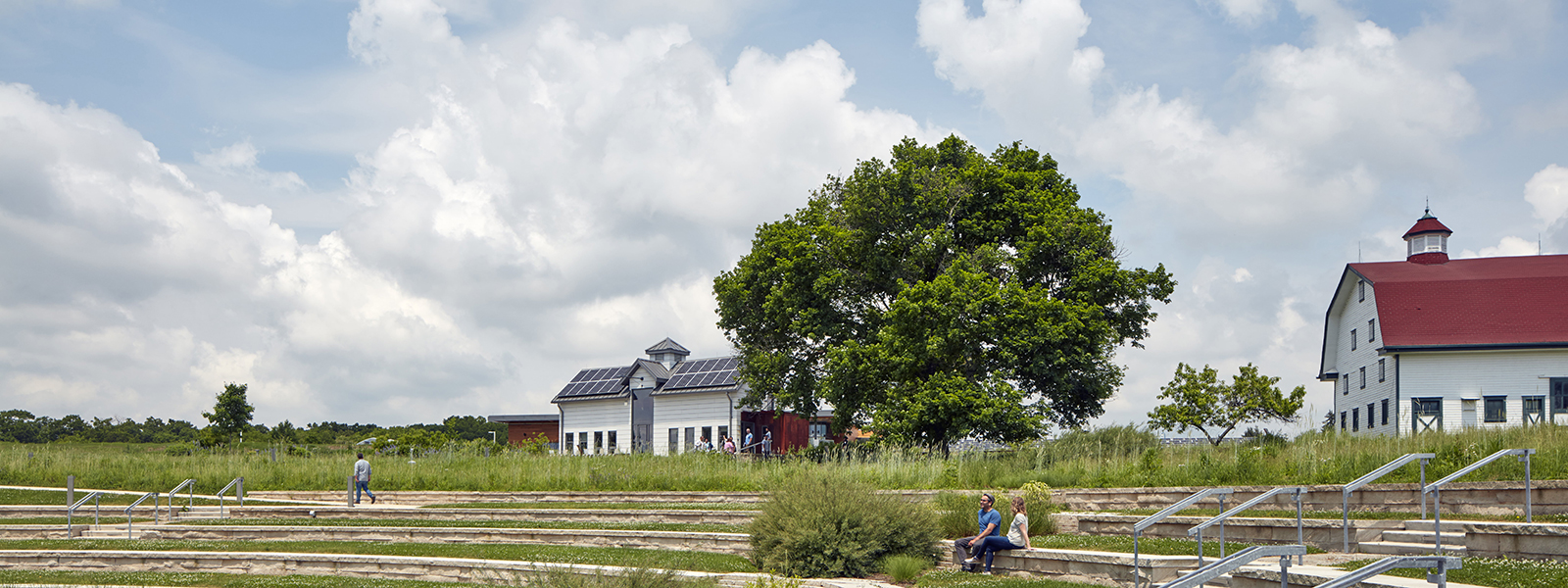
Eden Hall Campus
Located 20 miles north of Pittsburgh and home to the Falk School of Sustainability & Environment, Chatham’s 388-acre, net-zero Eden Hall Campus is a living and learning laboratory. Faculty and students collaborate on projects involving food and sustainable agriculture, water, energy and climate, and community health.
Explore the Food Studies Degree:
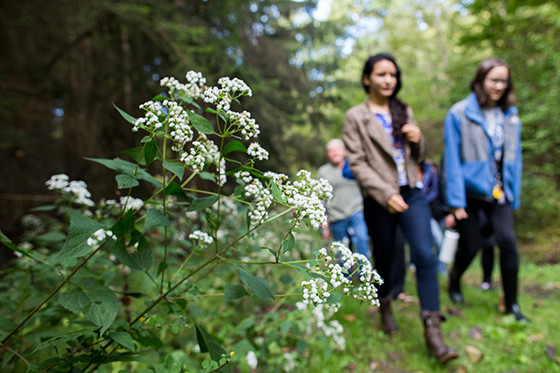
Funding Opportunities
The Rachel Carson Healthy Planet Award is a national award that includes a $5,000 scholarship to Chatham University. It is awarded to one student nominated from each high school and community college across the United States who embodies the spirit of Rachel Carson in his or her dedication to sustainability and community development. Chatham offers many scholarships and grants to incoming first-year students, including the Rachel Carson Scholarship, a full-tuition scholarship renewable for a total of four years.
View Funding Opportunities : Checkerboard 1 - Funding OpportunitiesCommunity on Campus
Eden Hall's community bread oven began as a graduate student project. Frankie Williams, a Masters of Food Studies student, wanted to build a gathering place on campus. "My favorite memories and times in my life," she said, "have been centered around food for as long as I can remember. Food brings people together."
Watch More Videos : Checkerboard 2 - Community on Campus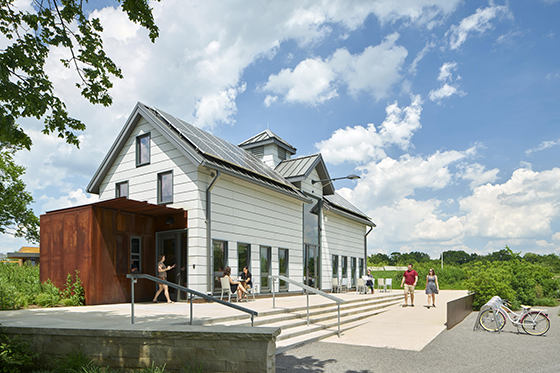
The Importance of the Eden Hall Residency
For students' third year, unless they are participating in a junior year experience that requires that they live elsewhere, students live at Eden Hall Campus. EHC is a living and learning laboratory that offers BAFS students cutting-edge agricultural spaces and practices, demonstration kitchens, an aquaculture lab, orchards, and other spaces conducive to the interdisciplinarity of food studies. Although residency at Eden Hall is only required during Year 3, students can choose to live and study at Eden Hall during Years 2 and 4 to take advantage of the unlimited opportunities EHC presents to Bachelor of Arts in Food Studies students.
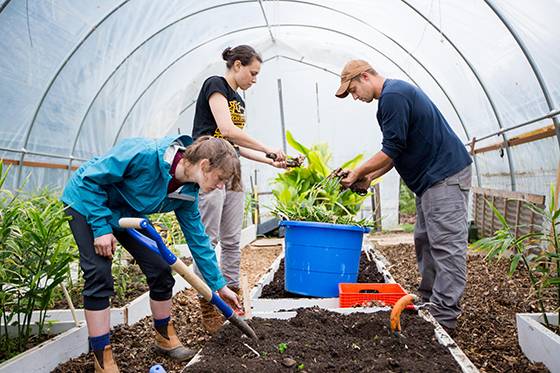
The Junior Year Sequence
In their junior year, students have a sequence of courses that puts them in direct engagement with agricultural and culinary practices and with community-based work in food systems and nutrition. The junior year sequence makes use of resources including the Eden Hall Bread Oven; the Food Innovation Lab at the Center for Regional Agriculture, Food, and Transformation (CRAFT); teaching kitchen; agroecology demonstration garden; Food Bank farm; orchards and apiaries; animals such as chickens, ducks, and goats, as well as faculty research on chocolate; coffee; regional grain production and bread; local social justice organizations; food and fermentation businesses; policy-making groups; and the regional food policy council.
Integrated Degree Program
Qualified students from the food studies program can be admitted early to Chatham's Master of Arts in Food Studies program, saving money and speeding time towards graduation with two degrees.
Integrated Degree Program Info : Checkerboard 5 - Integrated Degree ProgramFood Studies
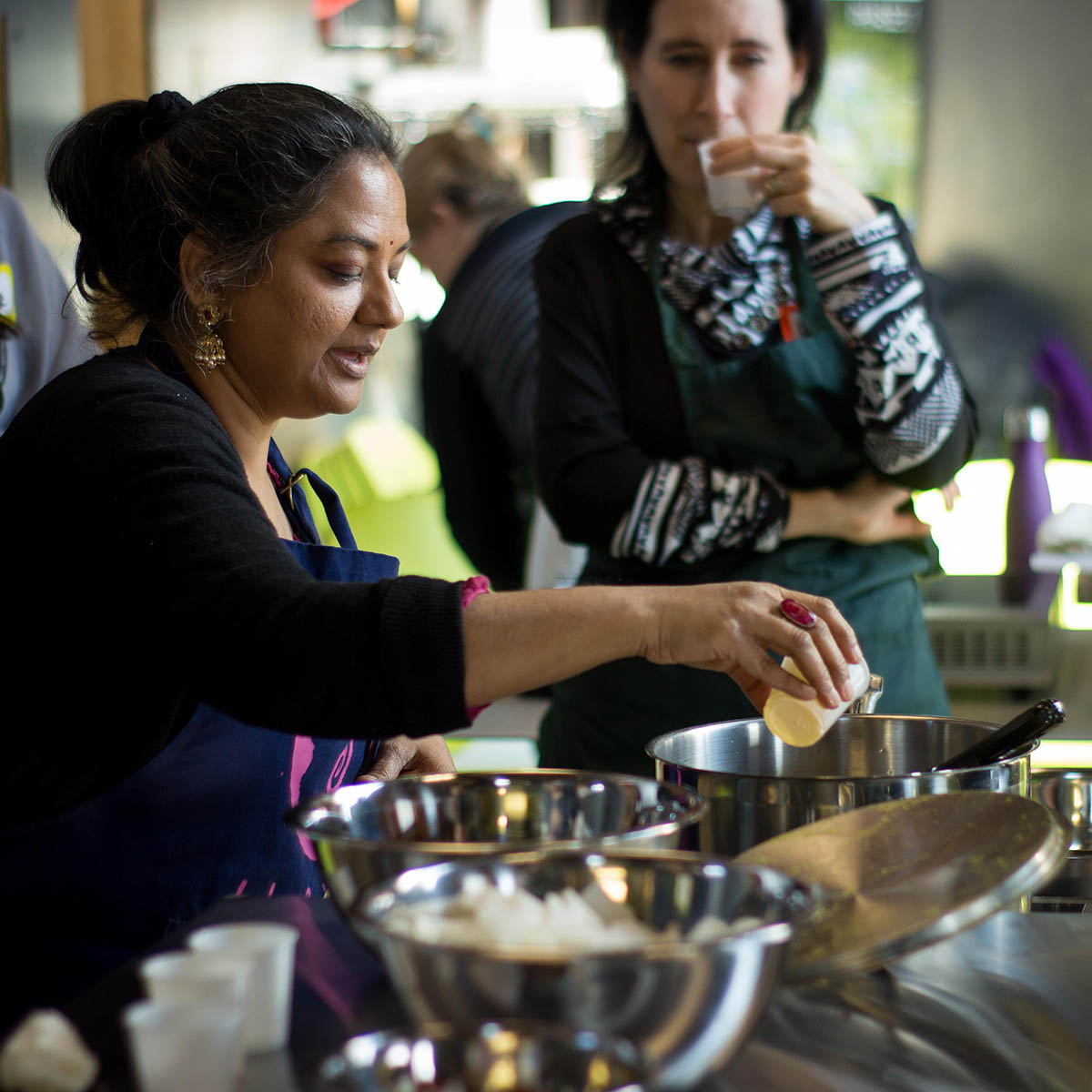
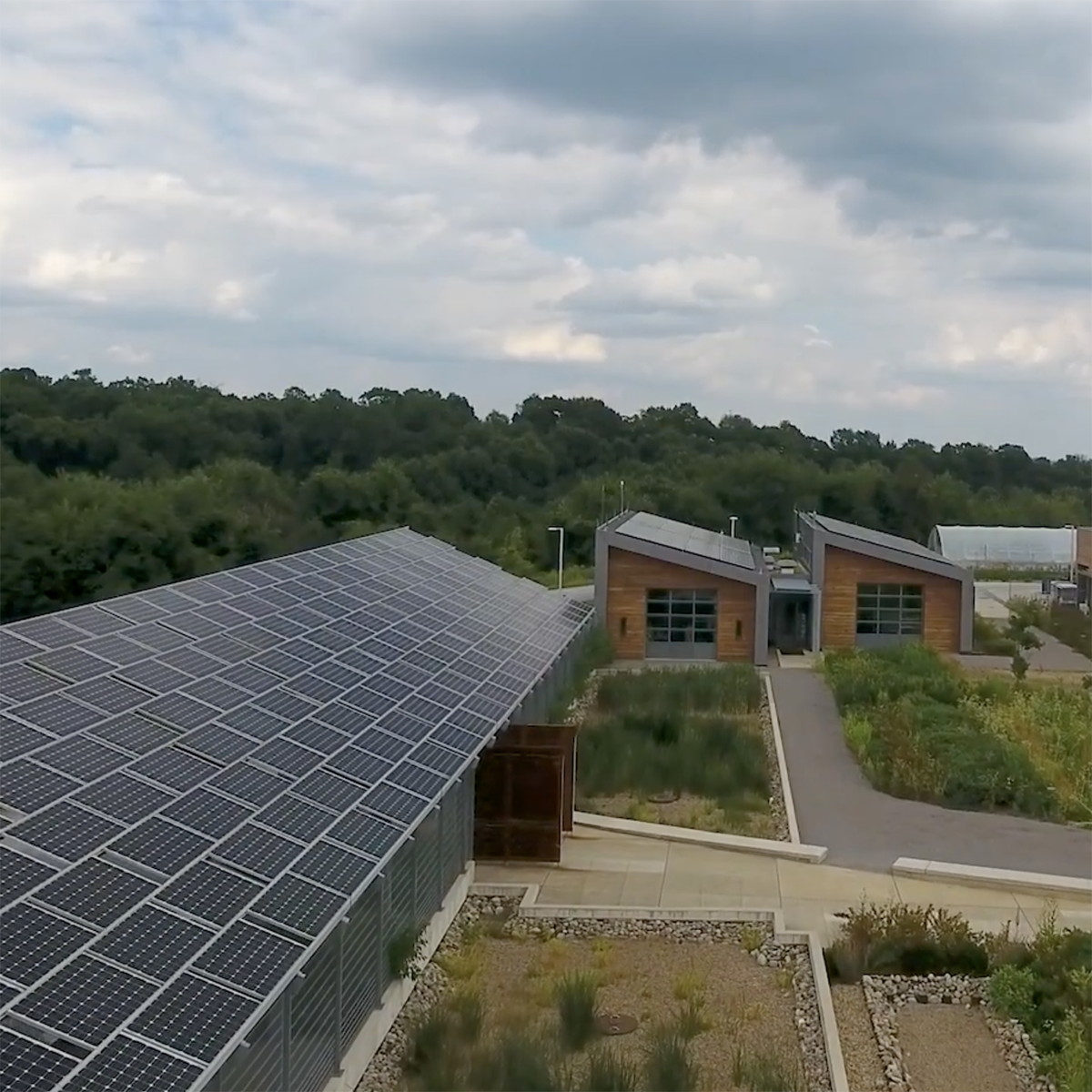
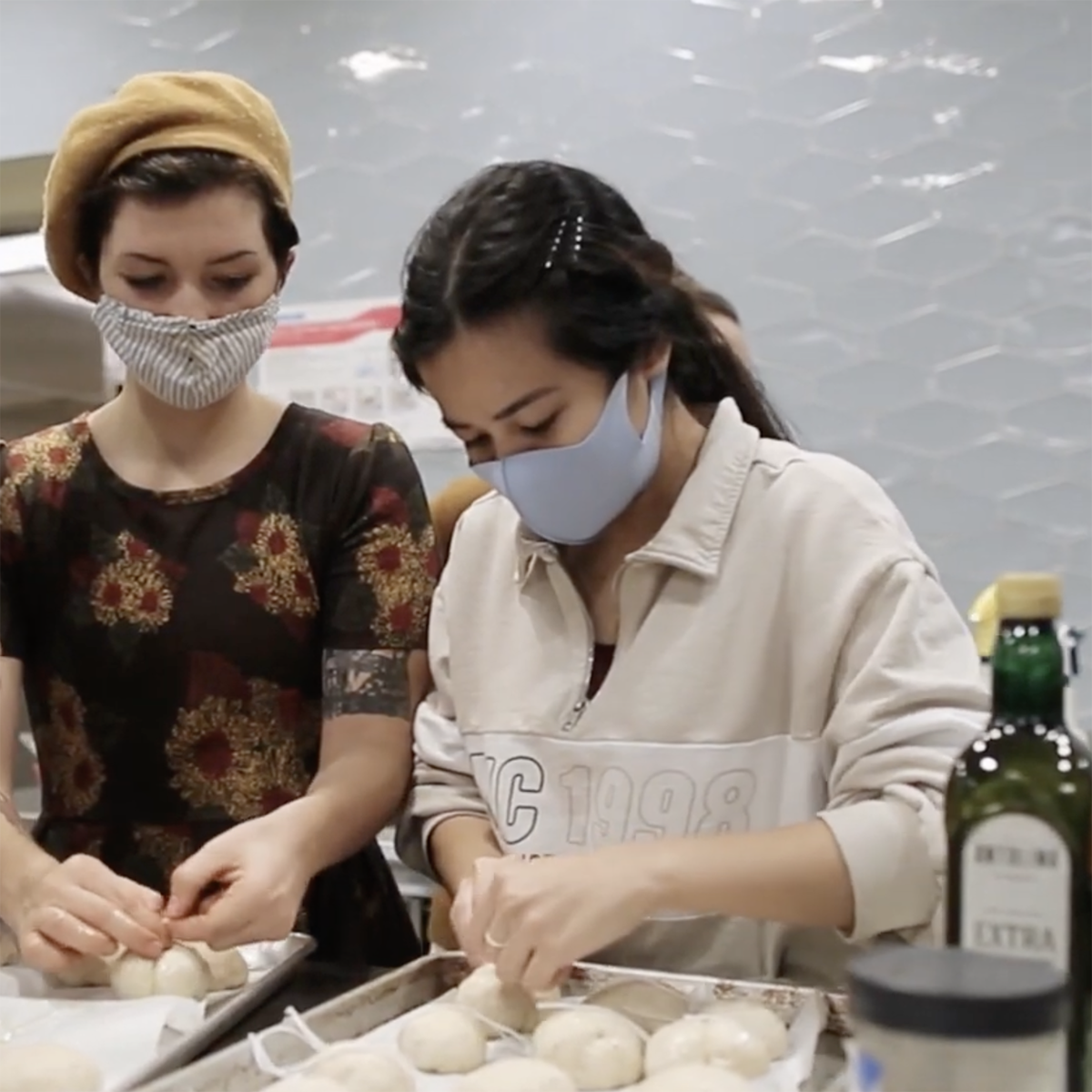
The Kitchen Lab at Eden Hall Campus
A space to gather, create, and collaborate, The Kitchen Lab at Eden Hall Campus provides students and community members with the equipment, facilities, and know-how they need to learn about food production in an environment that’s totally hands-on… and totally tasty, too.
